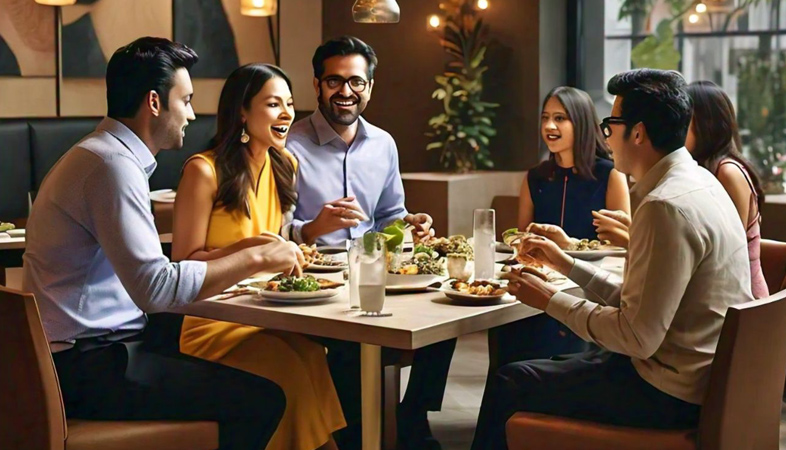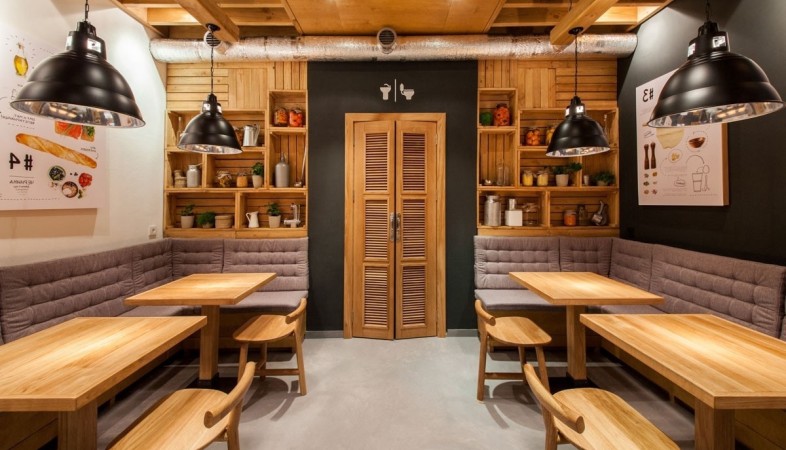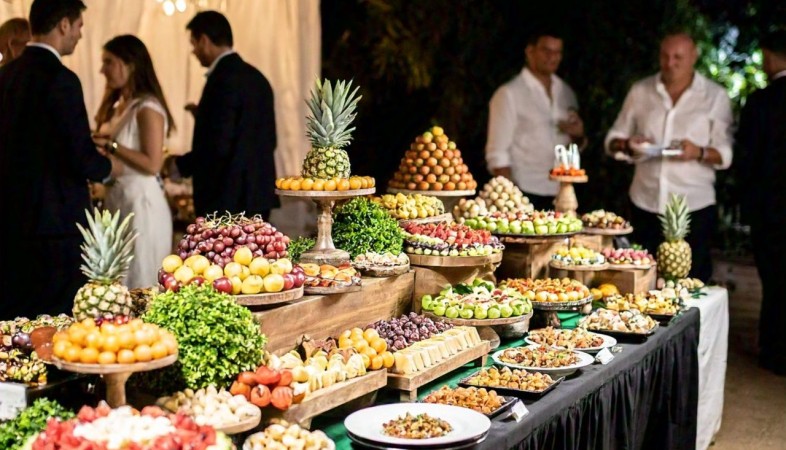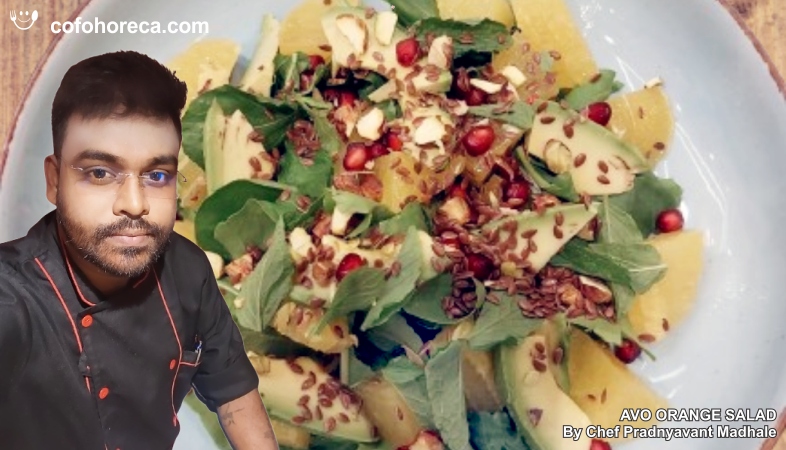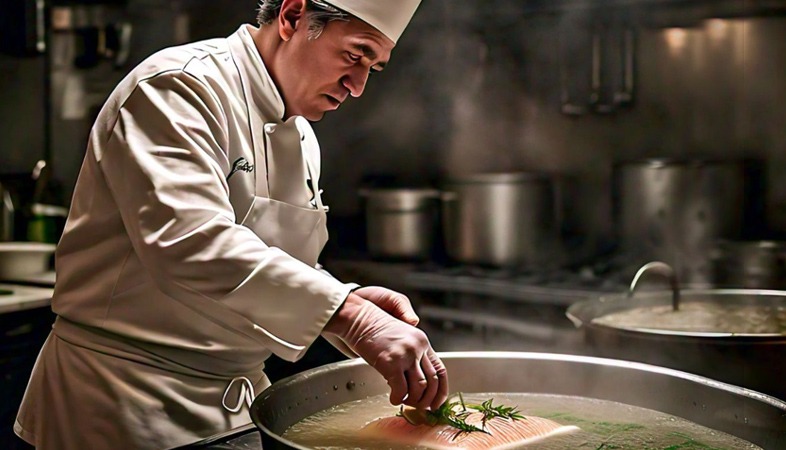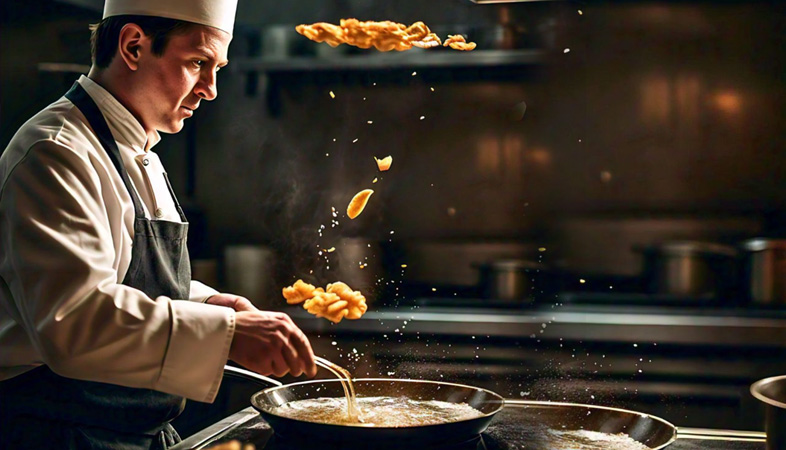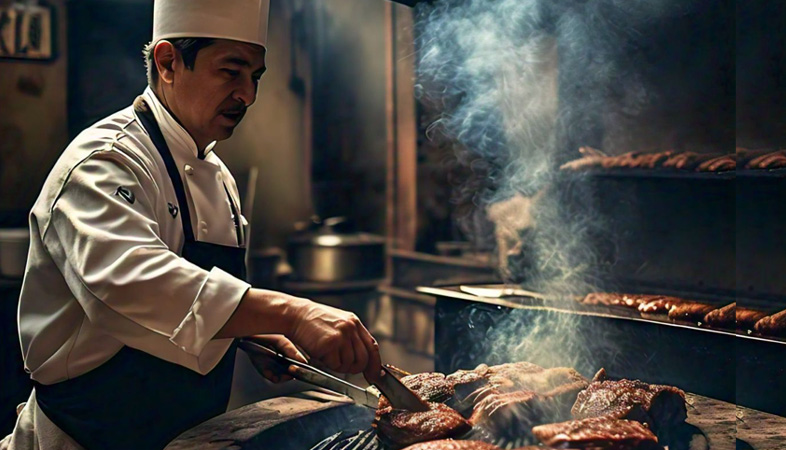The Benefits of Offering Cooking Classes and Workshops in Restaurants
This initiative can enhance customer engagement, generate additional revenue streams, and strengthen the restaurant’s brand.
Offering cooking classes and workshops in restaurants
presents numerous benefits, both for the business and its customers. This
initiative can enhance customer engagement, generate additional revenue
streams, and strengthen the restaurant’s brand. Here are several key advantages
of incorporating cooking classes and workshops into a restaurant's offerings:
First, cooking classes and workshops create a unique and engaging experience for customers. In an era where diners seek more than just a meal, providing an interactive and educational activity can significantly enhance their overall experience. Customers enjoy learning new skills, and participating in a cooking class adds an element of fun and novelty to their visit. This engagement can lead to stronger customer loyalty, as guests are more likely to return to a restaurant that offers memorable and enjoyable experiences.
Secondly, cooking classes and workshops can serve as an effective marketing tool. These events generate buzz and can attract new customers who may not have otherwise visited the restaurant. Promoting classes through social media, email newsletters, and local media can increase visibility and reach a broader audience. Satisfied participants are likely to share their experiences on social media, providing valuable word-of-mouth promotion. This type of engagement can also enhance the restaurant’s reputation as a community hub and a place for culinary learning.
Offering classes and workshops also provides an additional revenue stream. Restaurants can charge a fee for participation, which can be a profitable supplement to regular dining revenue. Additionally, these events often lead to increased sales of menu items, beverages, and merchandise. Participants may be more inclined to dine at the restaurant before or after the class, leading to higher overall spending. Furthermore, the restaurant can sell branded items such as cookbooks, kitchen tools, and aprons, creating further revenue opportunities.
Hosting cooking classes and workshops can showcase the talent and expertise of the restaurant’s chefs. This not only builds the restaurant’s brand but also enhances the credibility and appeal of the culinary team. Guests gain a deeper appreciation for the skills and creativity involved in preparing their meals, which can elevate their perception of the restaurant. Showcasing the chefs’ knowledge can also lead to media coverage and recognition within the culinary community.
Cooking classes and workshops can also foster stronger relationships with local suppliers and artisans. Collaborating with local farmers, fishmongers, or specialty food producers for themed workshops can highlight the restaurant’s commitment to supporting local businesses and using fresh, high-quality ingredients. These partnerships can lead to mutually beneficial marketing opportunities and strengthen the restaurant’s ties to the local community.
Another significant benefit is the potential for team-building and corporate events. Cooking classes and workshops are excellent activities for team-building, offering a fun and interactive way for corporate groups to bond and develop camaraderie. By marketing these events to local businesses, restaurants can attract corporate clients looking for unique and engaging team-building experiences. This can open up a new market segment and lead to repeat business from companies seeking regular team-building activities.
Cooking classes and workshops also provide educational value to the community. By teaching participants about nutrition, cooking techniques, and food sustainability, restaurants can contribute to the community’s well-being and promote healthier eating habits. Offering classes for different skill levels, from beginner to advanced, can attract a wide range of participants, including families, children, and aspiring chefs.
Finally, these events can offer valuable feedback and insights for the restaurant. Interacting with customers in a hands-on environment allows chefs and staff to receive direct feedback on recipes, ingredients, and cooking techniques. This real-time feedback can inform menu development and help the restaurant better understand customer preferences and trends.
Offering cooking classes and workshops in restaurants provides numerous benefits, including enhanced customer engagement, additional revenue streams, and increased brand visibility. These events create memorable experiences, showcase culinary talent, and foster community relationships. By integrating cooking classes and workshops into their offerings, restaurants can differentiate themselves in a competitive market and build a loyal, engaged customer base.
.png)


